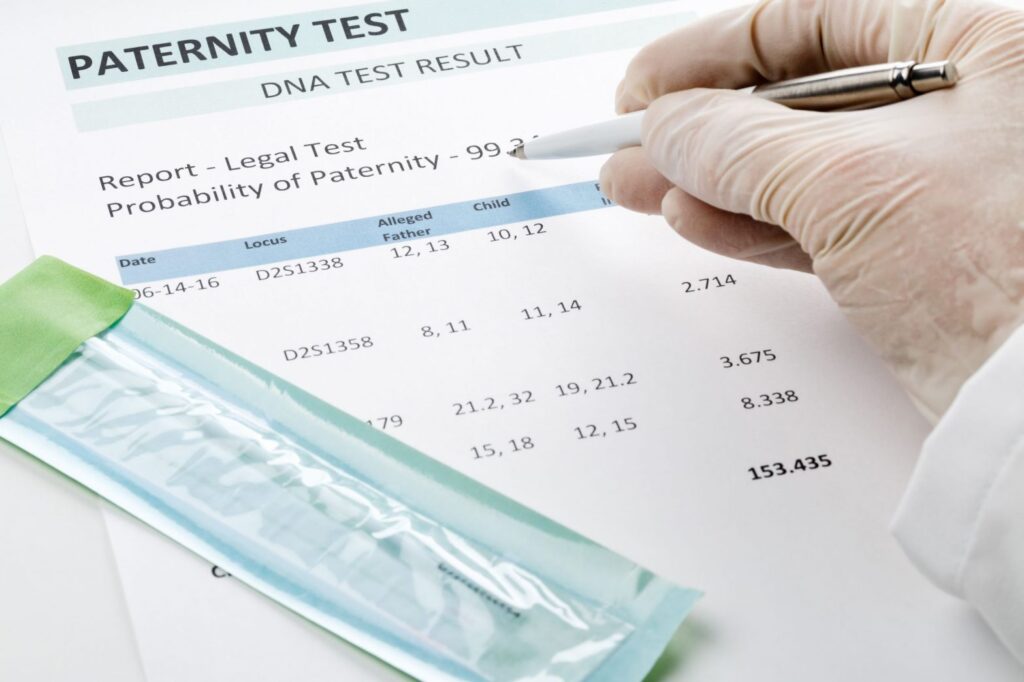Over the last several years paternity testing has been more common in the field of family law. This is due in large part because DNA tests have become easier to access and more affordable. This is why increasing numbers of people are opting for paternity tests to prove or prove paternity within a legal framework.
Paternity testing plays an essential part in family law disputes that concern child custody, child support, and inheritance. In many instances, paternity testing is the only way to definitively prove or prove paternity. This is especially important when the father who is biological establishes his right to visitation or custody or when the mother wants to establish it is the case that fathers are legally bound to provide child support.
In certain cases, paternity tests can require a judge so they can determine the inheritance rights. For instance, if a person dies without leaving a will the court could require paternity tests to determine which of the deceased’s relatives will inherit the deceased’s assets.
The Legal Process of Obtaining Paternity Testing in Family Law:
The legal process for the paternity test required in the field of family law is a complicated and frequently long process. In most instances fathers have to first make a request to the court, requesting the paternity test to be requested. The mother will be presented with the petition, and then given a chance to respond. If she agrees to taking the paternity test she’ll sign an agreement allowing the test. If the mother doesn’t accept testing for paternity, father might be required to file a motion to the court asking for the test be required.
When the court decides to order the paternity test the parties will be obliged to undergo DNA tests. The results of paternity test will be positive or negative. This means whether the father has been confirmed to be the biological father of the child, or he’s not. When the findings of the paternity test prove positive, then the father could be legally required to pay child care. In the event that the test results are not positive The father isn’t obliged to pay child support.
It is important to note that courts tend to prefer fathers and mothers settle issues regarding paternity without the need for the courtroom. It is typically in both sides best interests to attempt to come to an agreement regarding paternity prior to going through long and costly court processes.
Impact of Paternity Testing on Children custody cases:
There is no doubt that paternity testing can have a profound impact on child custody cases. In many cases, paternity testing is used to determine which parent has legal or physical custody of a child. Oftentimes, the results of paternity tests can be used as evidence in court to help make a determination about custody arrangements.
Paternity testing can also have a significant impact on the emotional well-being of children involved in custody disputes. In some cases, children may feel relieved after learning that their father is not actually their biological father. In other cases, children may feel disappointed or even angry if they learn that their father is not who they thought he was. No matter what the results of the paternity test may be, it is important for parents to talk to their children about the situation and help them process any strong emotions they may be feeling.
The Use of Paternity Testing in Adoption Cases:
There has been a recent trend in the use of paternity testing in adoption cases. This is primarily due to the fact that it can provide important information about the child’s genetic medical history. In many cases, this information can be used to make decisions about the best course of action for the child’s care.
Paternity testing can be extremely helpful in cases where the child’s birth father is unknown. It can also be used to confirm or rule out potential fathers who have come forward claiming to be the child’s father. In some cases, paternity testing may even be required by law before an adoption can be finalized. The use of paternity testing in adoption cases can sometimes be controversial. However, it is generally seen as a positive tool that can provide crucial information about a child’s background and medical history.
Paternity Testing and Inheritance Claims:
Paternity testing can be a complex and sensitive issue, especially when inheritance claims are involved. In order to ensure that paternity testing is conducted fairly and accurately, it is important to understand the process and what your rights are.
Paternity testing usually involves collecting DNA samples from the child, the alleged father, and sometimes the child’s mother. If the test results show that the alleged father is not the birth father, then any inheritance claims he may have had would be null and void. If you are considering paternity testing or are involved in a paternity dispute, it is important to seek legal counsel to ensure that your rights are protected. Paternity testing can be a complicated and emotional process, but understanding your rights can help make it go more smoothly.

